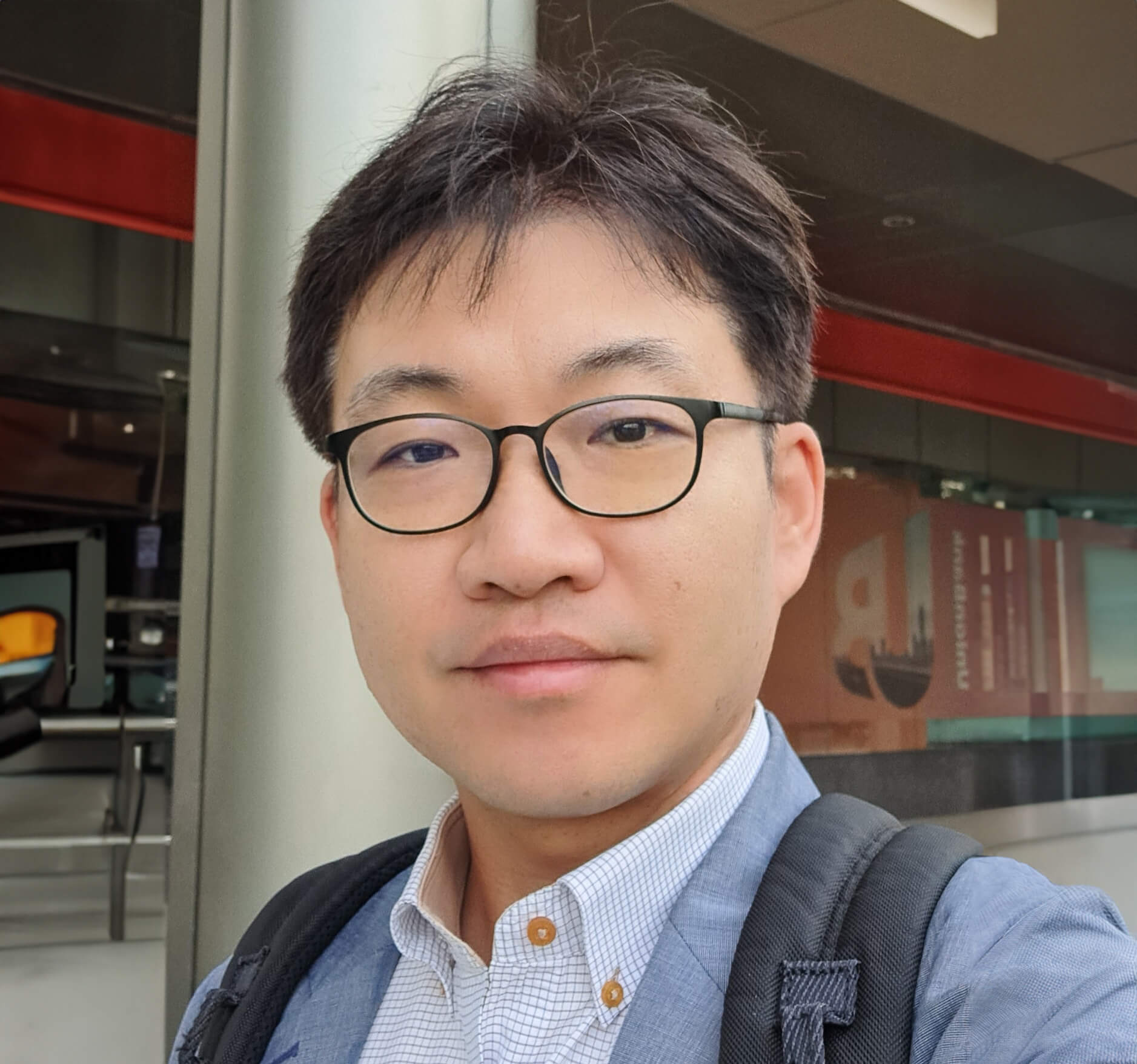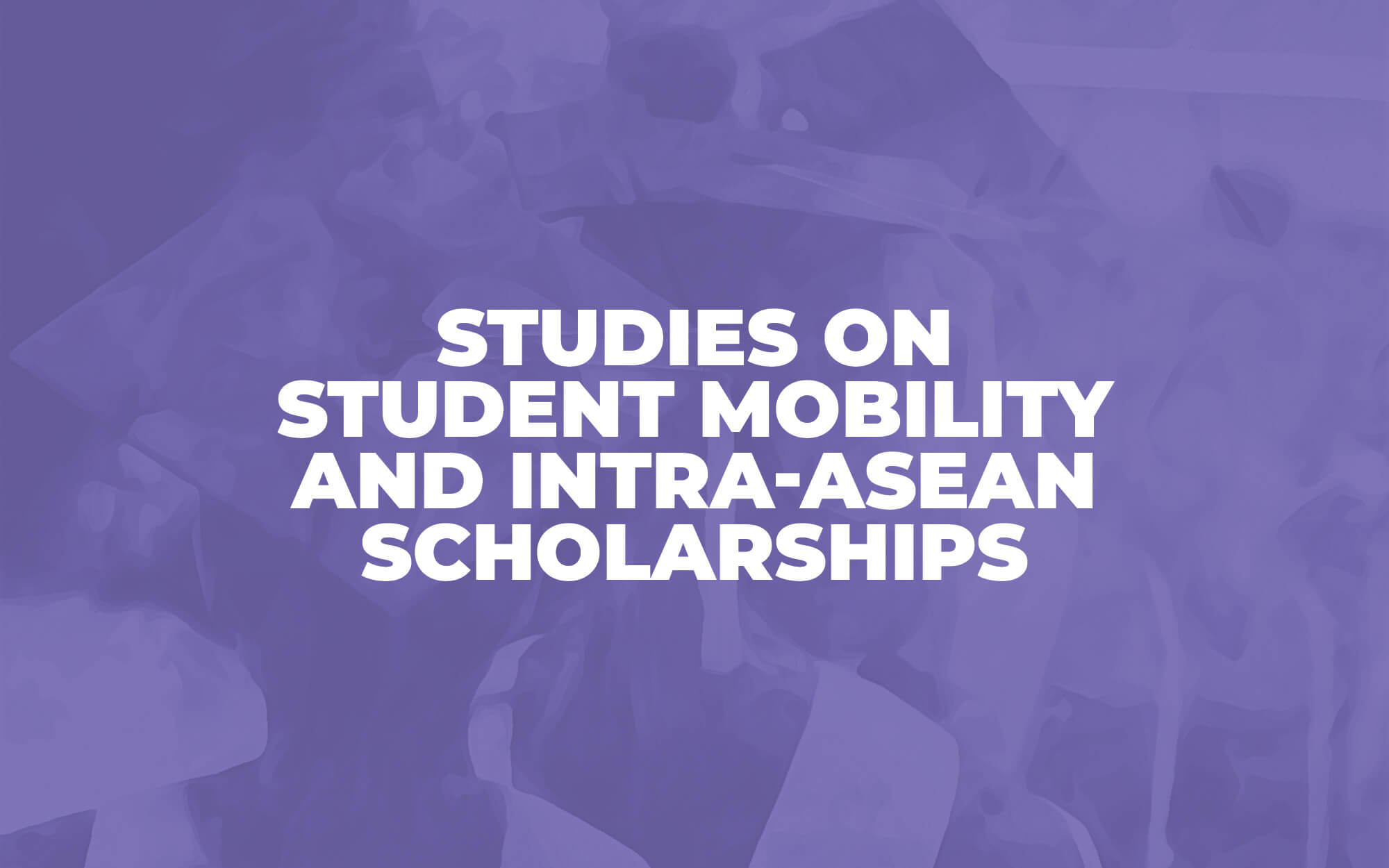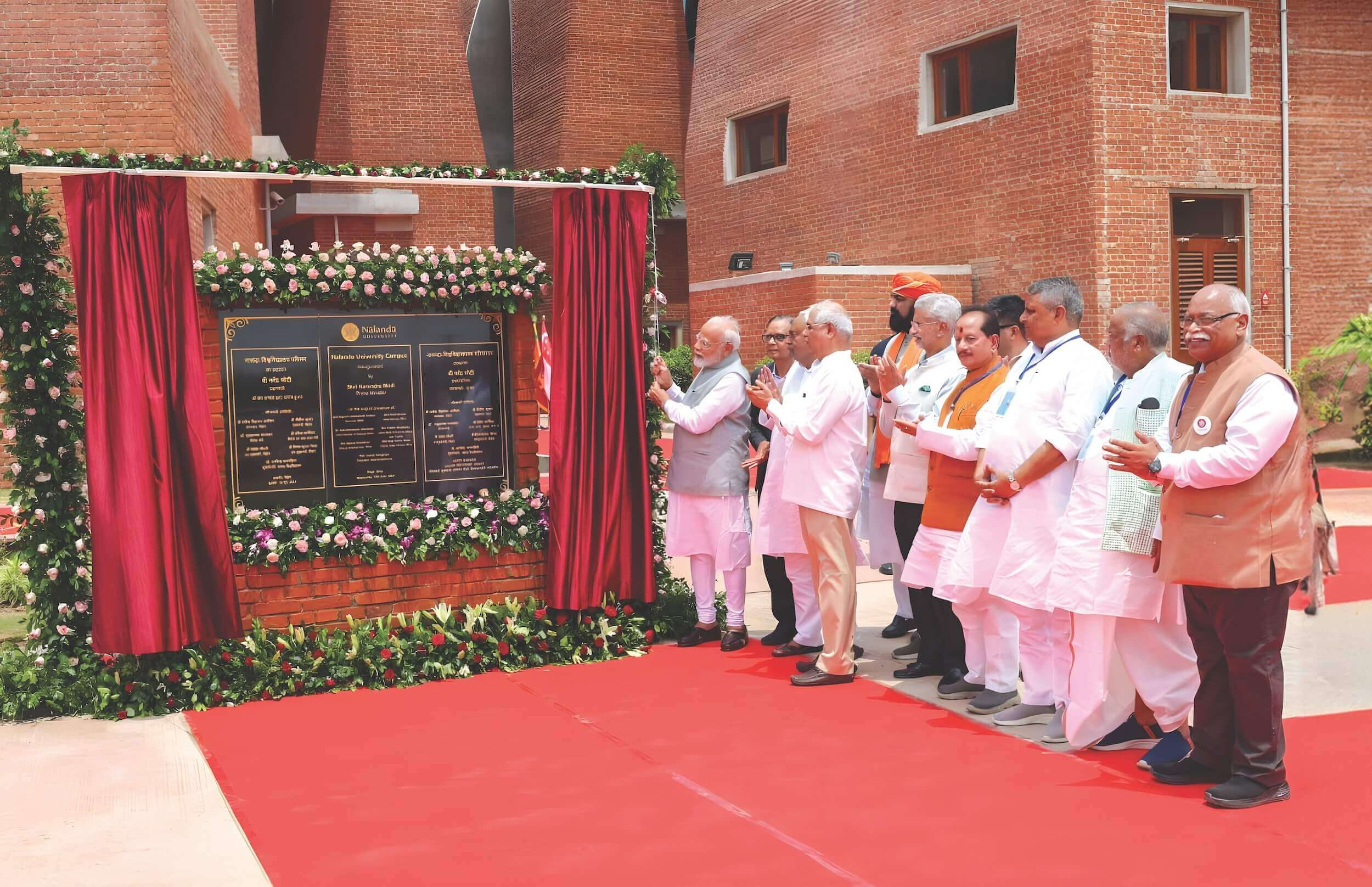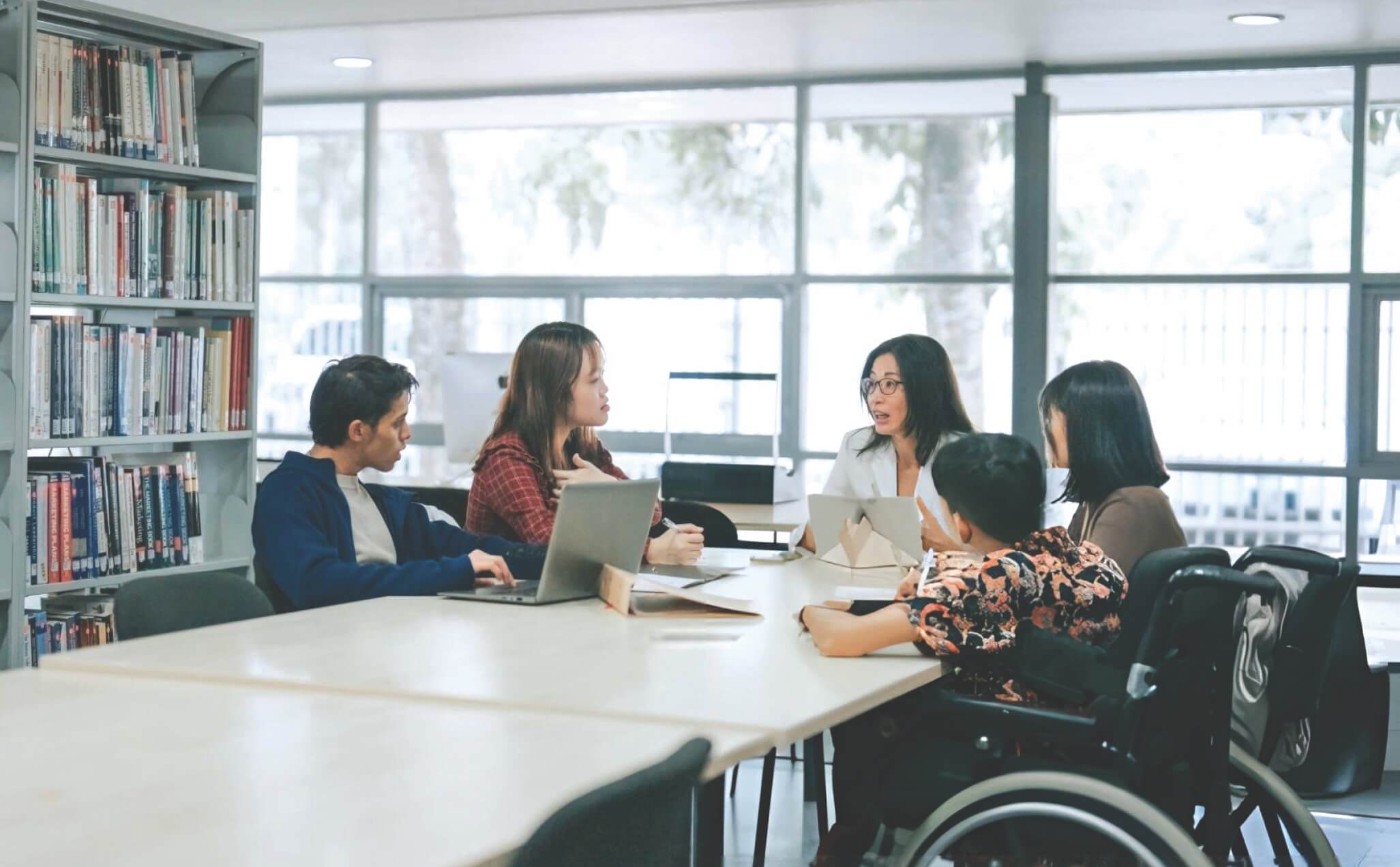





The ASEAN-ROK Technical Vocational Education and Training (TVET) Mobility Programme, supported by the ASEAN-Korea Cooperation Fund (AKCF), is a strategic investment in the region's human capital. Optimising TVET programmes and fostering collaboration contribute to building a skilled workforce that is crucial for ASEAN's economic development and community-building efforts.
The Fourth Industrial Revolution is rapidly transforming the world of work, demanding new skillsets from workers as automation and technological advancements reshape industries. While economic transformation hinges on a skilled workforce, a growing mismatch exists between graduates’ skills and industry demands. This skills gap hinders economic growth and leaves individuals unprepared for the jobs of tomorrow. Here is where the ASEAN-ROK TVET Mobility Programme steps in. Our initiative takes a proactive approach to bridge the skills gap and equip ASEAN Member States with the tools to thrive in the era of Industry 4.0.
As a flagship project of the Korea-ASEAN partnership in employment and labour, this programme fulfils a fundamental commitment from the 2019 ASEAN-Korea Commemorative Summit in Busan. It directly aligns with the ASEAN Economic Community Blueprint 2025 and complements existing regional and global TVET initiatives. Leveraging Korea’s successful economic transformation experience, the programme funded by the ASEAN-Korea Cooperation Fund benefits all stakeholders—from ASEAN Member States and TVET institutions to trainers, trainees, industry partners, and communities alike. The programme, implemented by the Korea Chamber of Commerce and Industry (KCCI) with a 5.8 million US dollar budget, commenced in 2020.
Journey to establish a new model for ASEAN TVET mobility
The project began with a clear objective: establishing a groundbreaking ASEAN TVET mobility model that transcends previous limitations. Unlike past initiatives that relied on agreements between individual institutions for student and faculty exchanges, this programme aimed to mobilise and implement multilateral-scale exchanges across all ASEAN Member States. This innovative model was expected to provide a more inclusive and collaborative environment for knowledge sharing and skills development.
Recognising the critical need to address the industrial skills gap in the region, the project team conducted thorough labour market research to identify five common priority TVET sectors: Automotive, Building Construction, Computer and Information Service, Electrical and Electronics, and Hospitality and Tourism. Each Member State proposed candidate TVET programmes in each sector. Following evaluations and consultations, nine programmes were selected in 2022 to be the model for developing a special three-month course combining up-to-date TVET curricula and internships in the local industries.
While the project faced difficulties during the COVID-19 pandemic, with limitations on physical travel across ASEAN, it capitalised on this initial phase to enhance the quality of the TVET programmes. KCCI experts meticulously evaluated proposed programmes, providing feedback on training duration, curriculum development, instructor qualifications, facilities, and budget planning. Notably, KCCI experts also collaborated with host institutions to integrate content fostering intercultural competence, a key aspect of ASEAN people’s connectivity and mobility programmes. Additionally, considering most host institutions needed more experience with foreign trainees, the project team meticulously assessed their overall readiness to ensure a safe and supportive learning environment.
Additionally, to ensure quality and consistency, KCCI played a crucial role in establishing comprehensive guidelines: Mobility Tool 1 and Mobility Tool 2. Mobility Tool 1 serves as the standardised curriculum framework for the mobility programmes, ensuring consistency in the delivery of high-quality vocational training across ASEAN. Mobility Tool 2, on the other hand, provides a comprehensive operational manual for managing mobility programmes effectively, including budget execution, monitoring, and evaluation procedures. These tools have become indispensable guides for the successful implementation of the ASEAN-ROK TVET Mobility Programmes and future TVET mobility initiatives.
The first batch of mobility programmes ran from June to September 2023 in six countries: the Philippines, Indonesia, Singapore, Thailand, Cambodia, and Brunei. A total of 139 trainees and trainers from eight countries participated. The second batch, which began in April 2024, expanded to include Viet Nam and the Lao PDR, bringing the total number of participating countries to eight. A total of 189 trainees and trainers are expected to complete the programmes by July. The third and final batch is scheduled to commence in August, and the project is expected to be successfully concluded by the end of 2024.
Ms. Oak Leakkhean from Cambodia who participated in Hospitality Management Programme in Thailand
Impact of the project
The ASEAN-ROK TVET Mobility Programme has left a profound and lasting impact on individuals and communities across the region. With 95 per cent of the student participants having no prior international experience, the project offered new cultural exposure, new knowledge, practical industry experience, and communication skills. Notably, 83 per cent of the first batch participants reported experiencing behavioural changes, with a satisfaction rate of 4.37 out of 5. Additionally, 73 per cent of the first batch participants reported improved learning and understanding.
Cultural exchange activities integrated into the TVET Mobility Programmes have played a vital role in fostering cross-cultural understanding among participants. Individuals have gained valuable insights into diverse cultures, languages, and traditions. These experiences enrich personal growth and contribute to building inclusive and cohesive societies. Collaborative projects and activities foster cultural diversity within the TVET community, creating a more connected ASEAN.
The TVET Mobility Programme has facilitated robust public-private partnerships, driving innovation and industry relevance within TVET institutions. Collaboration between educational institutions, industry stakeholders, and government agencies has led to the development of industry-relevant curricula, work-integrated learning opportunities, and skills training programmes. Participating companies have benefited from access to a global skilled workforce and have provided valuable feedback to enhance the quality and relevance of the programme. These partnerships play a crucial role in addressing skills gaps and promoting economic growth and innovation.
In conclusion, the ASEAN-ROK TVET Mobility Programme has demonstrably improved skills, fostered intercultural understanding, and driven innovation within ASEAN’s TVET landscape, empowering individuals and equipping the region with a workforce prepared to navigate the demands of the future.
Future forward
Marking the 35th anniversary of the Republic of Korea–ASEAN partnership this year- the establishment of a Comprehensive Strategic Partnership (CSP), which has ASEAN’s full support, is highly anticipated. This partnership presents a timely opportunity for Korea and ASEAN to reaffirm their heartfelt wish for a more robust and deeper collaboration. The success of the ASEAN-ROK TVET Mobility Programmes underscores the potential for even more collaborative initiatives in the future. Building on this momentum, we look forward to charting a new chapter in Korea-ASEAN cooperation in the Employment and Labour Sector.
The views and opinions expressed in this article are solely those of the authors and do not reflect the official policy or position of ASEAN.








